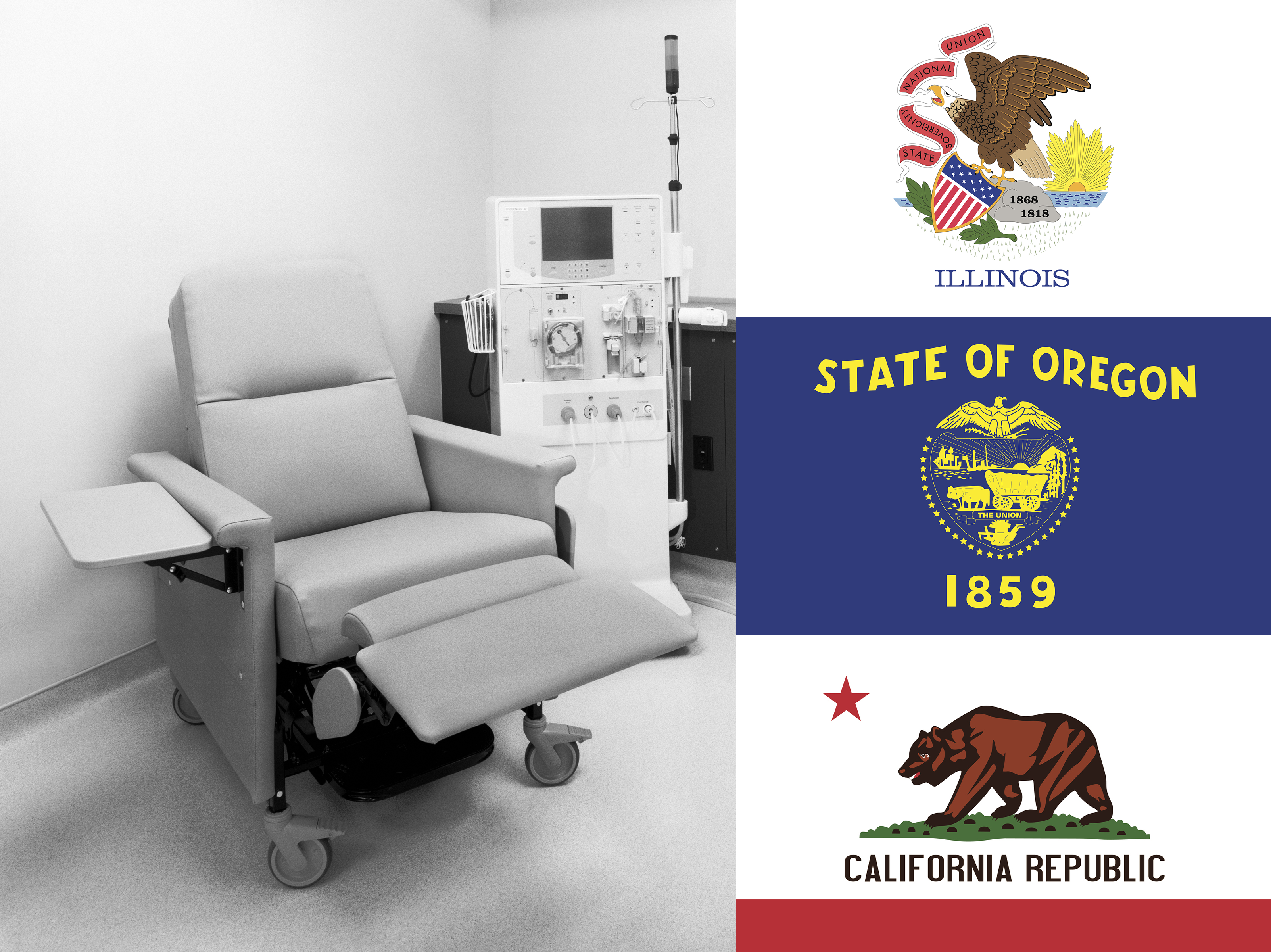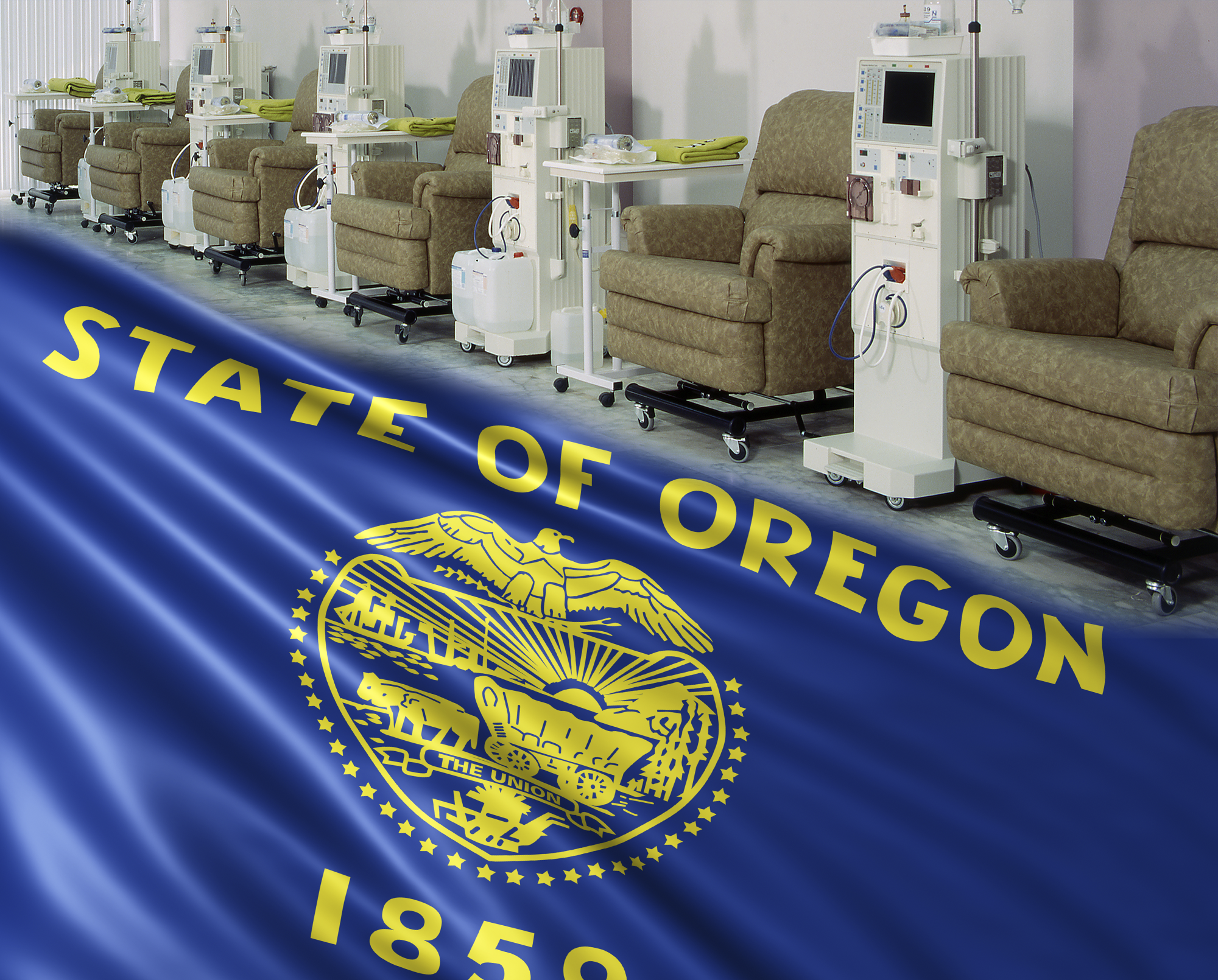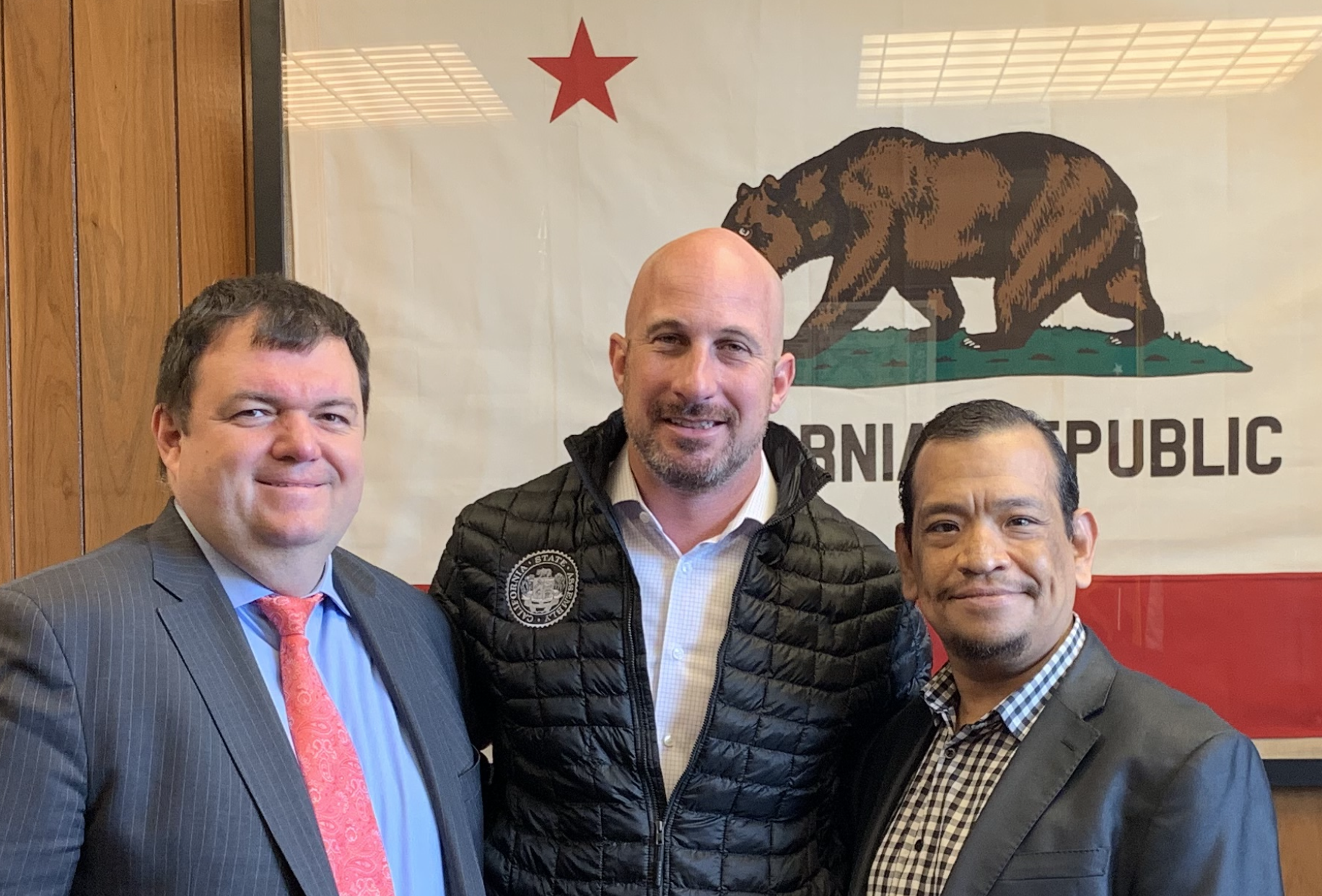Donor Protection Bill Signed into Law While Care Access Bill Now in the Hands of California Governor
As temperatures cool and the California legislature winds down from a flurry of late summer activity, two bills that would impact kidney disease patients recently landed on Governor Newsom’s desk for his signature or veto. We’re thrilled that the bill seeking to increase access to transplants by strengthening protections for living organ donors was just signed into law. This bill passed unanimously in the Senate, after a similar unanimous passage in the Assembly earlier this year. DPC supports this bill because it helps remove barriers for kidney donors. Specifically, it requires employers to extend an employee’s unpaid leave up to [...]








